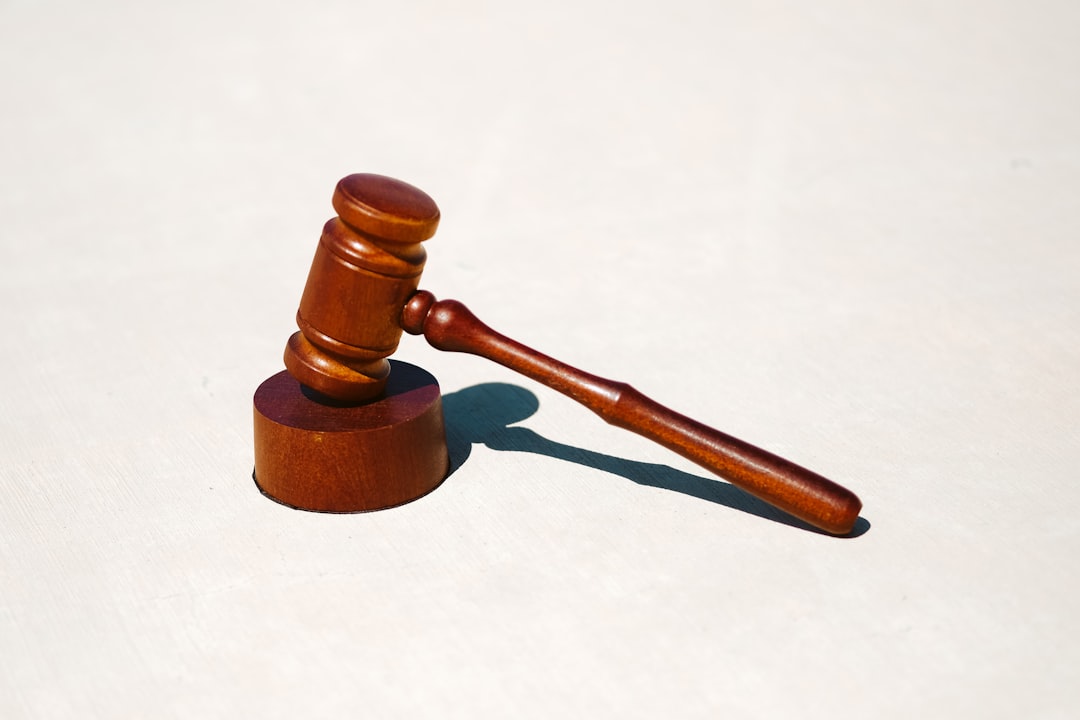Virginia residents enjoy strong protections against unsolicited commercial text messages (spam texts) thanks to stringent state laws. Consumers have the right to opt-out and can take legal action if their rights are violated. A spam texts Attorney in Virginia specializes in guiding individuals through these processes, ensuring compliance with telecommunications law and appropriate responses to unlawful spam practices.
In Virginia, unsolicited commercial text messages, or spam texts, are regulated by stringent laws designed to protect consumers from unwanted advertising. Understanding these regulations is crucial for businesses and individuals alike, especially with the ever-present issue of excessive spam. This article delves into Virginia’s anti-spam laws, clarifying what constitutes unsolicited commercial texts and exploring the rights of consumers and the role an attorney can play in navigating this complex landscape.
Understanding Virginia's Anti-Spam Laws

Virginia has stringent laws in place to protect residents from unsolicited commercial text messages, commonly known as spam texts. These regulations are designed to curb the practice of businesses sending unwanted marketing materials via text, offering a sense of relief for Virginia residents who often view such messages as an invasion of privacy.
The state’s anti-spam laws empower consumers by giving them the right to opt-out of receiving these messages and seek legal recourse if they feel their rights have been violated. An Attorney in Virginia can guide individuals through this process, ensuring their understanding of the law and helping them take appropriate action against companies engaging in aggressive or unlawful spam text practices.
What Constitutes Unsolicited Commercial Texts?

Unsolicited commercial texts, often referred to as spam texts, are messages sent without prior consent or invitation from the recipient. In the context of Virginia laws, these are typically promotional or advertising messages sent via text to mobile phones or other communication devices. An Attorney in Virginia would advise that such texts can include offers, promotions, advertisements, or any message with commercial intent aiming to sell, market, or promote a product or service.
These spam texts often find their way into people’s inboxes due to various methods used by businesses. They may obtain phone numbers through public databases, online sources, or third-party marketing firms, and then blast out these messages en masse. Virginia laws have been put in place to protect consumers from such unsolicited communication, giving rise to legal repercussions for companies sending spam texts.
Rights of Consumers and Role of an Attorney

In Virginia, consumers have rights when it comes to unsolicited commercial text messages, often referred to as spam texts. According to state laws, individuals have the right to refuse receipt of such messages by opting out through simple and clear mechanisms provided by senders. This opt-out option must be included in each text, allowing recipients to easily discontinue receiving promotional content.
If a consumer feels their rights have been violated or experiences repeated spam texts despite attempts to opt out, consulting an Attorney in Virginia can be beneficial. An Attorney specializing in telecommunications law can guide individuals through their legal options, ensuring they understand their rights and the best course of action against persistent or illegal spam text campaigns.






